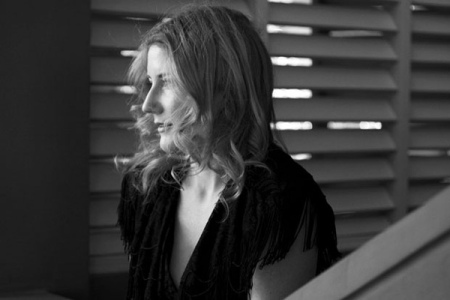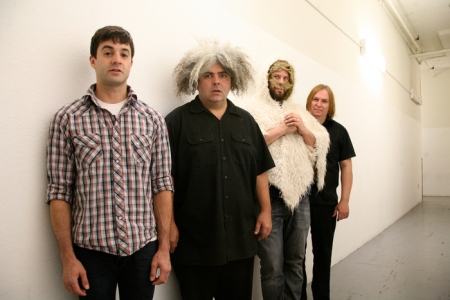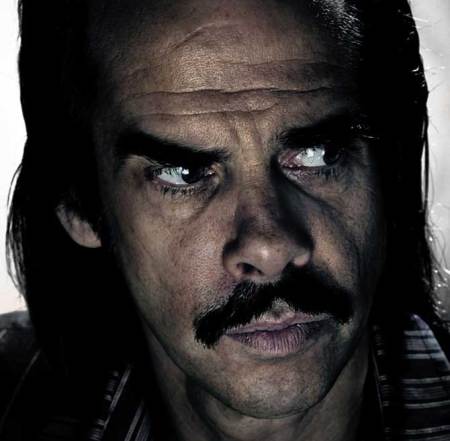 Kathleen Edwards turns her breakup into a breakthrough with her Bon Iver-produced album Voyageur.
Kathleen Edwards turns her breakup into a breakthrough with her Bon Iver-produced album Voyageur.
Everyone loves a good breakup record. The massive success of Adele’s heart-wrenching 21 is a testament to the appeal of sharing in someone’s artfully rendered misery. Nick Cave transformed his split with P.J. Harvey into his accomplished and introspective album The Boatman’s Call—and even Taylor Swift evolved as a songwriter by exploring such depths. But when a singer taps into this particular subject, the flood of emotions comes with an equal amount of baggage, from the probing questions lobbed by headline-hungry journalists to the fact that he or she will probably have to play these songs night after night for months on end.
Toronto’s Kathleen Edwards is on the verge of having her biggest success yet with just such an album. Written and recorded over three years, Voyageur (out this week) is largely about the breakup of her marriage to producer/bandmate/collaborator Colin Cripps. But even if you didn’t know the context, it would be hard not to get that sense from Voyageur. And the situation is further complicated by the fact that the album was co-produced by Kanye-approved, Grammy-nominated singer-songwriter Justin Vernon (of Bon Iver), who’s now also Edwards’ main squeeze. So with the prospect of having to talk about that context for the foreseeable future, Edwards is steeling herself for the deluge.





